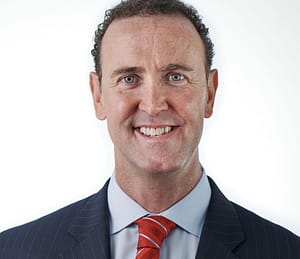An entire section of the Fair Debt Collection Practices Act (FDCPA) is dedicated to regulating how debt collectors are allowed to contact third parties like your family, friends, or co-workers.
In addition, there’s a Telephone Consumer Protection Act (TCPA) that makes unauthorized robocalls to you, your family, or friends illegal.
If you discover that a debt collector has shared your actual debt information with a family member or friend, and/or called your family and friends repeatedly, then you should immediately contact an experienced debt collection abuse attorney. You might have a claim against them under the FDCPA.
Debt collectors can’t tell a third party about your debt
If they call people in your inner circle, they are not allowed to say they are calling about a debt. This is to keep collectors from harassing your friends to lean on you to repay a debt.
Debt collectors will rarely tell a third party the specifics of your debt, like to whom it is owed and the dollar amount, but they might say things like “they owe money,” or “I’m calling about their student loans.” Even using that type of language could count as revealing your debt to a third party, which opens them up to a lawsuit.
They get ONE shot at calling each person.
Debt collectors aren’t allowed to contact your friends, family, or co-workers more than once unless the person they are calling asks them to call again. And who does that?
If you find out a debt collector has called someone else, ask them how many times the debt collector has called. Odds are it has happened more than once.
Debt collectors can’t leave messages asking third parties to have you call them back.
While debt collectors are allowed to contact your folks to find out or confirm where you are located, they are not allowed to leave messages.
All they can ask for is your home address and home phone number, or your workplace address. They’re required to identify themselves by name but should only say they work for a debt collector if the third party asks.
If they already know how to contact you, they have zero reason or excuse to be calling your family, friends, or co-workers. They can’t ask that a message be passed on to you, ask for any other information, or harass that person. If they’ve left a message at all, odds are they have violated the law in revealing the debt – simply by stating their employer’s name (a collection agency) on the message.
They can’t demand payment from anyone but you.
If debt collectors try to collect a debt from someone who does not owe that debt, they are breaking the law. Even if it’s your spouse, they aren’t responsible for the debt unless they co-signed on it.
Debt collectors often try to get around this by simply implying the family member or friend is responsible, by asking, “is there any way you could help them out?” Questions like this are still 100% illegal.
If debt collectors harass your family, friends, or co-workers, they can file an FDCPA claim too.
Usually, the third party tells the debt collector to stop calling them, but they keep calling. Or they won’t believe that the person answering the phone isn’t responsible for the debt. Finally, they might go so far as to try to be abusive to your friends so that they’ll pressure you to pay the debt so they’ll be left alone.
If you’re the debtor whose personal circle is getting calls, or are getting collection calls about a family member or friend, you should contact an experienced FDCPA attorney right away to find out what your options are.
It’s free to chat with me about your options – you can call or text me at 215.551.7109, or drop me a line.



